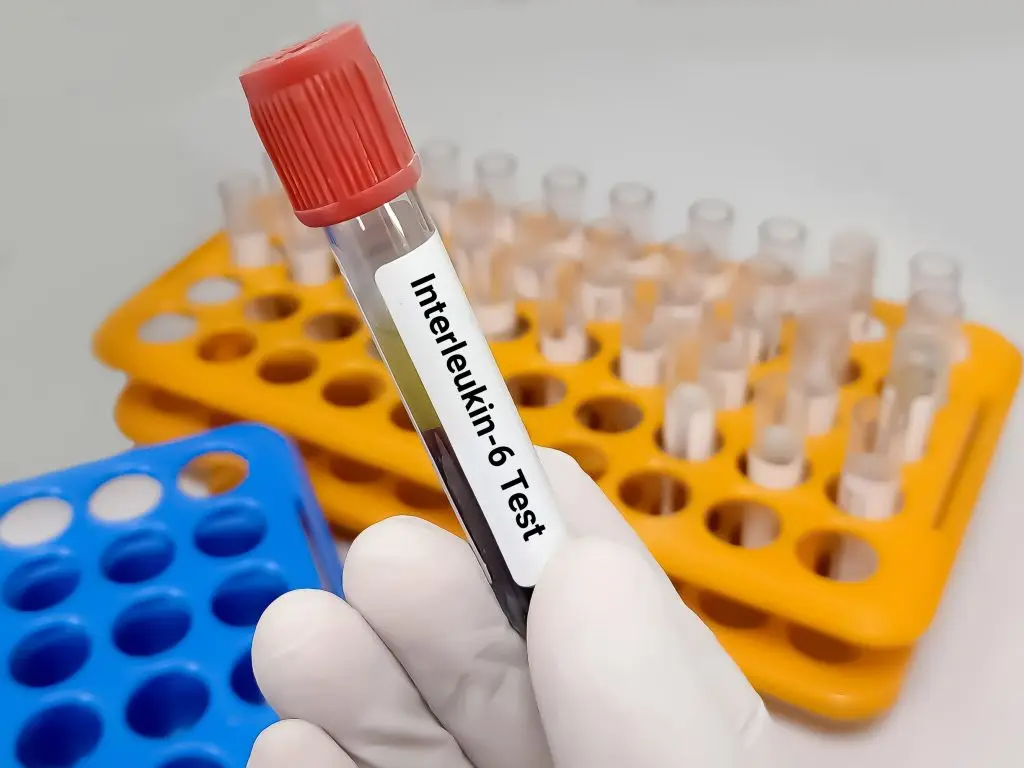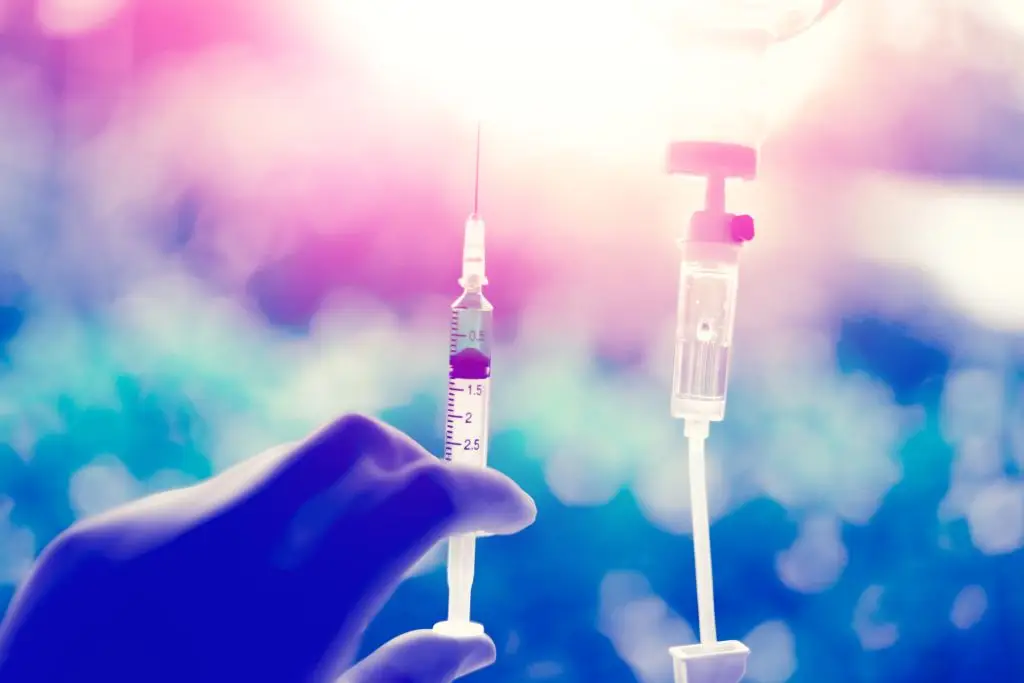11 Surprising Ways the Loneliness Hormone Drives Inflammation
3. Innate Immune Activation: The body’s frontline goes on high alert

The innate immune system provides rapid, first-response protection. Chronic loneliness is associated with higher baseline activity in this system, which raises circulating inflammatory proteins. For example, epidemiological studies show links between social isolation and elevated markers such as C-reactive protein and interleukin-6, which are general indicators of inflammation. That higher resting inflammation contributes to fatigue, pain, and long-term disease risk when it persists. The good news is that lifestyle steps can lower innate inflammatory activity: moderate aerobic activity, a Mediterranean-style diet rich in vegetables and healthy fats, and consistent sleep each reduce inflammatory markers. Clinically, physicians can measure common markers if symptoms suggest a problem and tailor interventions accordingly. Because specific biomarker thresholds and clinical interventions vary, ask a medical professional to interpret lab results and recommend any treatment.
4. Adaptive Immune Suppression: Weaker antibody and antiviral responses

Loneliness doesn’t only raise inflammation; it can blunt some parts of adaptive immunity too. Research indicates that people experiencing prolonged social isolation sometimes show weaker antibody responses to vaccines and slower recovery from viral infections. That pattern suggests the immune system’s specialized, learned arm can perform less efficiently under chronic social stress. For older adults, this is a practical concern because vaccine responses naturally change with age. Actions that support adaptive immunity include maintaining routine medical care, staying up to date on recommended vaccines, and prioritizing sleep and nutrition that sustain immune function. Social engagement itself can support immune resilience by reducing chronic stress. If you have concerns about immune responses, discuss them with your clinician, who can recommend appropriate testing or interventions.
